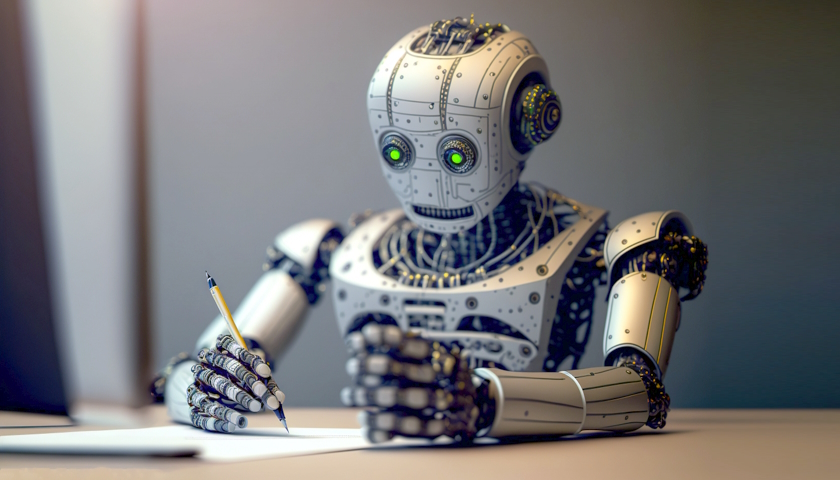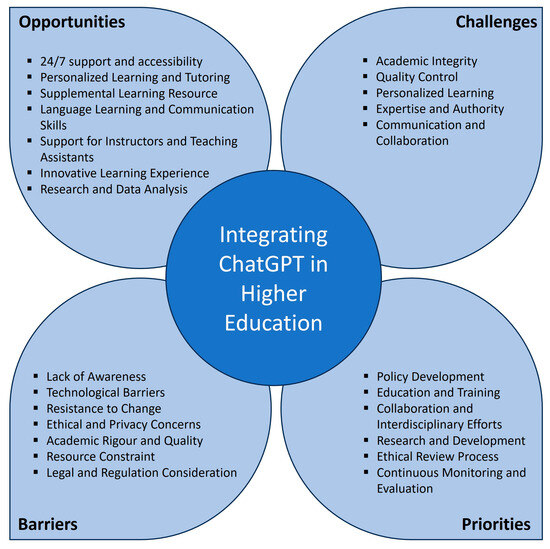Could ChatGPT have an impact on the construction industry?
It's been a while since ChatGPT and AI tools like it burst onto the scene. But do they have any practical applications for the construction industry? Richard Stockley, MD at RRC International, says yes, particularly when it comes to health and safety training.
Practical Applications in the Construction Industry
The latest generation of generative AI tools has been hailed as a major breakthrough. While chatbots and image generators are impressive, it's easy to think of them as simply a novelty. Construction is a practical industry, with most digital tasks centered around calculation, modeling, and computer-aided design rather than text or image generation.

Even if these tools could be adapted for the construction sector, they aren't entirely trustworthy for calculations at the moment, making them less useful in this context.
Impact on Training
One area where Large Language Models (LLMs) like ChatGPT will have a clear impact on the construction industry is training, especially in fields like occupational health and safety. E-learning has already utilized machine learning for years, allowing modules to tailor content to individual learner needs.
While e-learning has improved training, it still has limitations compared to classroom-based learning. Human teachers are adaptable and can provide personalized feedback. ChatGPT-style LLMs can enhance the dialogue aspect of e-learning, making it more engaging.

Production of Content and Training
Generative AI makes content production cheaper, leading to highly specific and specialized learning modules. This specificity improves training effectiveness, efficiency, and cost. Better health and safety training can result in a reduction in incidents, accidents, and health issues.
However, deploying AI in critical areas like health and safety training must be done cautiously to prevent a reduction in quality. Despite the risks, ChatGPT could have a positive impact on the construction industry.










